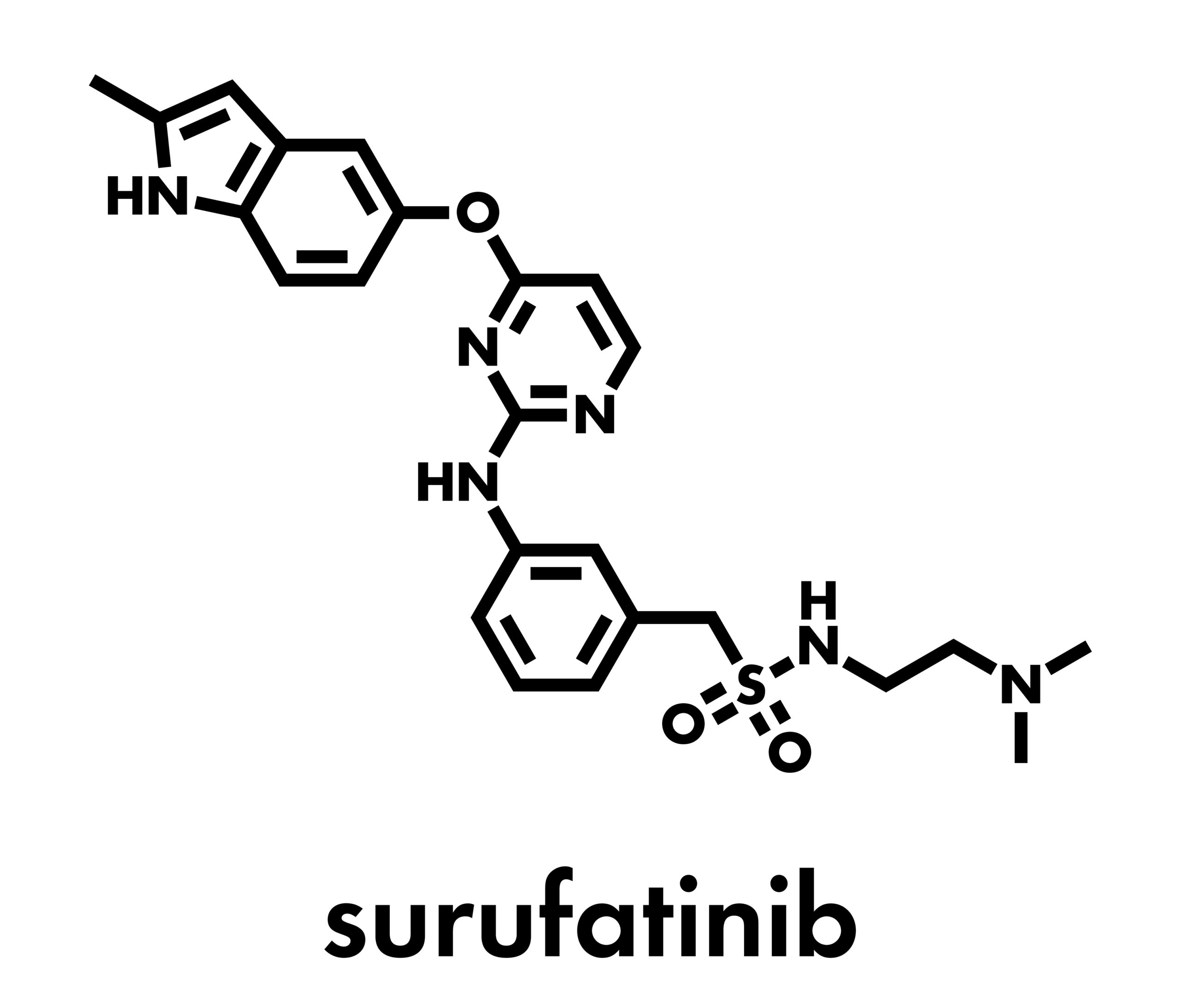
According to a study, published in ESMO Open, no biomarkers have been validated for predicting efficacy outcomes in patients with neuroendocrine tumors (NETs) who are being treated with antiangiogenic therapies. Co-lead authors, J. Li and Y. Cheng, from the Department of Medical Oncology at Peking Union Medical College Hospital in Beijing, China, sought to identify associations between treatment-related adverse events (TRAEs) and surufatinib effectiveness in patients with advanced NETs. They reported that “treatment-related hypertension, proteinuria, and hemorrhage could be potential biomarkers to predict the antitumor efficacy of surufatinib in patients with advanced NET.”
The study enrolled 242 total patients with NET treated with surufatinib from the SANET-p and SANET-ep phase III trials. Patients were reviewed for the occurrence of any TRAEs in the first four weeks of surufatinib treatment, and the primary outcome was progression-free survival (PFS).
Among the patients, 164 (68%) had at least one occurrence of hypertension, proteinuria, and hemorrhage in the first four weeks of treatment. The study’s collaborators found that TRAEs in the first 4 weeks were associated with prolonged median PFS (11.1 vs. 9.2 months; hazard ratio [HR] = 0.67; p = 0.035), supporting surufatinib effectiveness in patients with advanced NETs. This finding was supported by additional blinded independent image review committee (BIIRC) and four-week landmark analysis evaluations.
Ultimately, the authors proposed that the occurrence of TRAEs may actually have the potential to predict surufatinib effectiveness and antitumor activity in patients with advanced NET, though they acknowledged that “future prospective studies are needed to validate the findings.”







 © 2025 Mashup Media, LLC, a Formedics Property. All Rights Reserved.
© 2025 Mashup Media, LLC, a Formedics Property. All Rights Reserved.